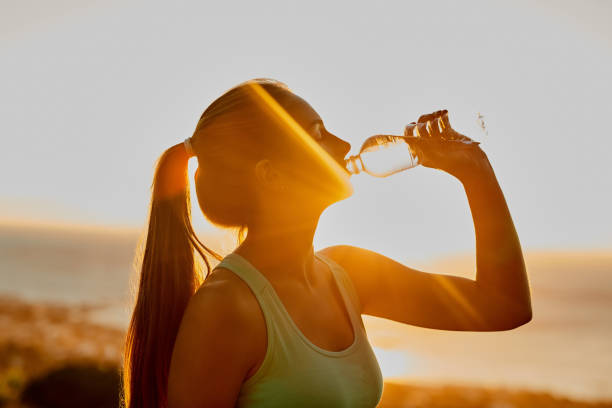It is essential to stay hydrated in order to preserve optimum health and wellbeing. Water is essential for almost every function in the body, from regulating body temperature to keeping your skin healthy. In this article, we will explore the various reasons why Importance of staying hydrated, how much water you should be drinking, and the signs and symptoms of dehydration.
1. Why Hydration is Vital
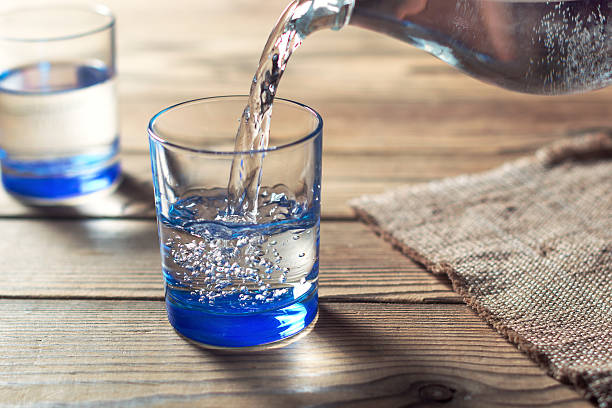
a. Supports Vital Functions
Water is a key component of the human body, making up about 60% of an adult’s body weight. It plays a vital role in nearly all bodily functions, including:
- Temperature Regulation: Sweating and breathing are two ways that water helps the body maintain a healthy temperature.When you’re hot, your body sweats, and as the sweat evaporates, it cools you down.
- Nutrient Transportation: Water aids in the transportation of nutrients and oxygen to cells. Blood, which is primarily composed of water, carries nutrients to different parts of the body, ensuring that all cells function properly.
- Joint Lubrication: Water keeps joints lubricated by maintaining the synovial fluid, which acts as a cushion and reduces friction between bones during movement.
- Waste Removal: Water is essential for the removal of waste products through urine, sweat, and feces. It helps kidneys filter waste from the blood and expel it from the body.
b. Energy and Brain Function
Importance of staying hydrated is essential for maintaining energy levels and cognitive function. Even mild dehydration can lead to a decrease in mental alertness, concentration, and physical performance. The brain is highly sensitive to changes in hydration, and a lack of water can lead to headaches, fatigue, and mood swings.
2. How Much Water Do You Need?
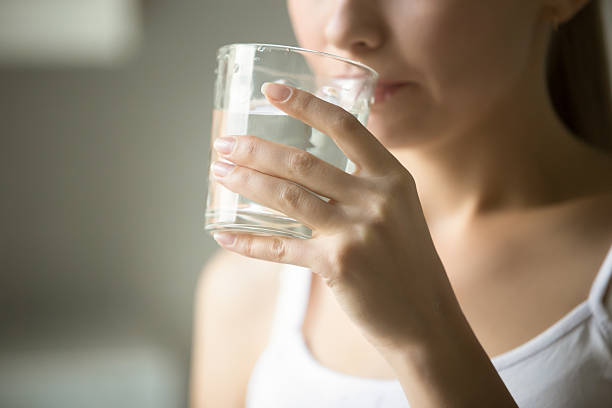
The amount of water each person needs can vary depending on several factors, including age, sex, weight, activity level, and climate. However, a general guideline is to drink at least eight 8-ounce glasses of water a day, which is about 2 liters or half a gallon.
However, individual needs can vary:
- Activity Level: To make up for the fluid lost through perspiration, you will require more water if you are physically active. Athletes or those who exercise regularly should increase their water intake accordingly.
- Environment: Hot or humid weather can lead to increased sweating, which means you need more water to stay hydrated. In cold weather, your body can lose water through respiration, so hydration is still important.
- Health Conditions: Drinking more water may be necessary if you have kidney stones or an infection of the urinary tract. Pregnant or breastfeeding women also need more water to stay hydrated.
3. Signs and Symptoms of Dehydration
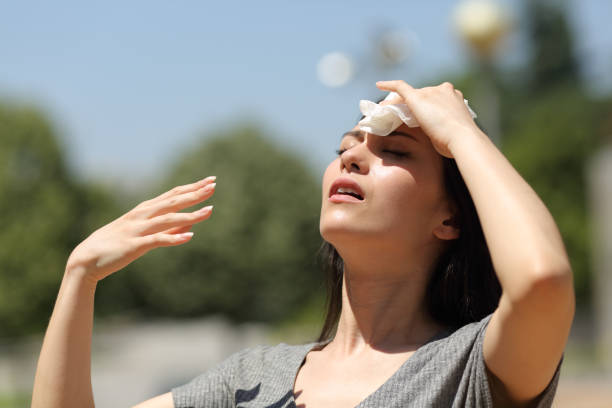
When the body loses more fluid than it takes in, it becomes dehydrated and may not be able to perform regular basic processes. Recognizing the signs and symptoms of dehydration can help you take action before it becomes severe.
a. Early Signs
- Thirst: Thirst is the body’s natural response to dehydration. It’s the first sign that you need to drink more water.
- Dry Mouth and Lips: A dry, sticky feeling in your mouth and chapped lips are common signs of mild dehydration.
- Dark Yellow Urine: Urine color is a good indicator of hydration status. Dark yellow or amber-colored urine indicates that you need to drink more water.
- Fatigue: Feeling unusually tired or fatigued can be a sign that your body is not getting enough water.
b. Severe Symptoms
- Dizziness or Lightheadedness: Severe dehydration can cause a drop in blood pressure, leading to dizziness or lightheadedness.
- Rapid Heartbeat: Dehydration can cause your heart to work harder to pump blood, leading to a rapid or irregular heartbeat.
- Confusion or Irritability: Severe dehydration can affect brain function, leading to confusion, irritability, or even unconsciousness in extreme cases.
- No Urine or Very Dark Urine: If you haven’t urinated in several hours or if your urine is very dark, it’s a clear sign that you’re dehydrated.
4. Benefits of Staying Hydrated
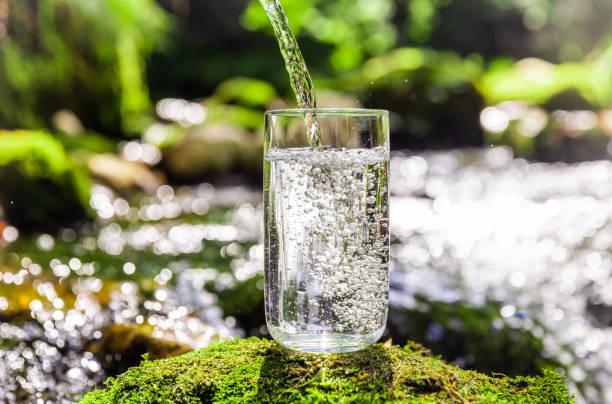
a. Improved Physical Performance
Proper hydration is crucial for maintaining physical performance. During exercise or any physical activity, your body loses water through sweat, and if this fluid is not replenished, it can lead to decreased endurance, increased fatigue, and poor performance. Importance of staying hydrated helps maintain blood volume, regulates body temperature, and allows muscles to work more efficiently.
b. Enhanced Cognitive Function
As mentioned earlier, the brain is highly sensitive to changes in hydration levels. Maintaining proper hydration helps enhance cognitive performance in general, memory, and focus. It can also help prevent headaches, which are often caused by dehydration.
c. Healthy Skin
Water is essential for maintaining healthy skin. Importance of staying hydrated helps keep your skin moist and elastic, reducing the risk of dryness and irritation. Proper hydration can also help reduce the appearance of fine lines and wrinkles.
d. Aids in Weight Loss
Drinking water can help with weight loss by promoting satiety and boosting metabolism. The body might occasionally confuse thirst for hunger, which causes needless snacking. By making you feel filled before meals, drinking water can help you consume less calories overall.
Read More: https://thetopteninfo.com/2024/07/29/how-mindfulness-can-aid-in-weight-loss-fitness-journey/
e. Prevents Kidney Stones
Importance of staying hydrated dilutes the concentration of minerals in the urine, reducing the risk of kidney stones. Drinking enough water helps flush out toxins and prevents the formation of stones in the kidneys.
5. Tips for Staying Hydrated
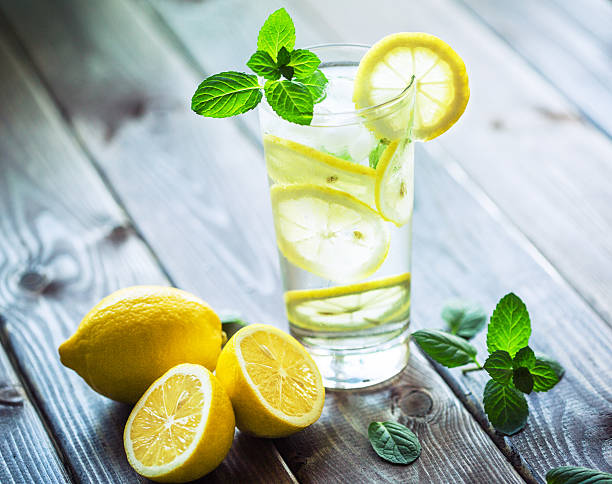
a. Drink Water Regularly
Even if you’re not thirsty, make it a practice to sip water throughout the day. Always keep a bottle of water on you and take frequent little sips from it.
b. Eat Water-Rich Foods
Incorporate water rich foods into your diet, such as cucumbers, watermelon, oranges, and lettuce. You can increase your overall hydration consumption by eating these meals.
c. Set Reminders
If you often forget to drink water, set reminders on your phone or use a water tracking app to help you stay on track.
d. Infuse Your Water
If you’re not a fan of plain water, consider adding fruits, herbs, or veggies to it. Lemon, cucumber, mint, and berries can add a refreshing flavor to your water.
e. Monitor Your Urine
Keep an eye on the color of your urine to gauge your hydration level. The ideal urine colour is pale yellow, which denotes enough hydration.
Conclusion
Importance of staying hydrated is essential for maintaining overall health and wellness. Water plays a crucial role in supporting vital bodily functions, improving physical and cognitive performance, and promoting healthy skin. By recognizing the signs of dehydration and making a conscious effort to drink enough water each day, you can ensure that your body functions optimally. Remember, staying hydrated is not just about quenching your thirst—it’s about sustaining your body’s health and vitality.
Frequently Asked Questions (FAQ) About Staying Hydrated
1. What is the recommended daily intake of water?
The general recommendation is to drink about eight 8-ounce glasses of water per day, which equals roughly 2 liters or half a gallon. However, individual needs can vary based on factors such as environment, intensity of exercise, age, and weight.
2. Can I get something other than water to drink?
While other beverages like herbal teas, milk, and natural fruit juices can contribute to your daily fluid intake, water is the best option because it’s calorie-free, readily available, and essential for most bodily functions. Beverages like coffee, tea, and sodas should be consumed in moderation due to their potential diuretic effects and added sugars.
3. How do I know if I’m dehydrated?
Common signs of dehydration include thirst, dry mouth, dark urine, fatigue, dizziness, and headaches. Severe dehydration can lead to more serious symptoms like confusion, rapid heartbeat, and fainting. Monitoring your urine color and paying attention to your body’s signals can help you stay on top of your hydration needs.
4. Is it possible to drink too much water?
It is possible to become hyponatraemia, also referred to as water intoxication, by overhydration. This occurs when the balance of electrolytes in your body is disrupted by excessive water intake, leading to potentially dangerous symptoms like nausea, headache, confusion, and in severe cases, seizures. It’s important to drink water in moderation and avoid excessive intake in a short period.
5. Does drinking water help with weight loss?
Drinking water can aid in weight loss by promoting a feeling of fullness, which may reduce overall calorie intake. Additionally, water can help with digestion and metabolism. To assist reduce calorie intake, water can be used in place of sugary drinks.

